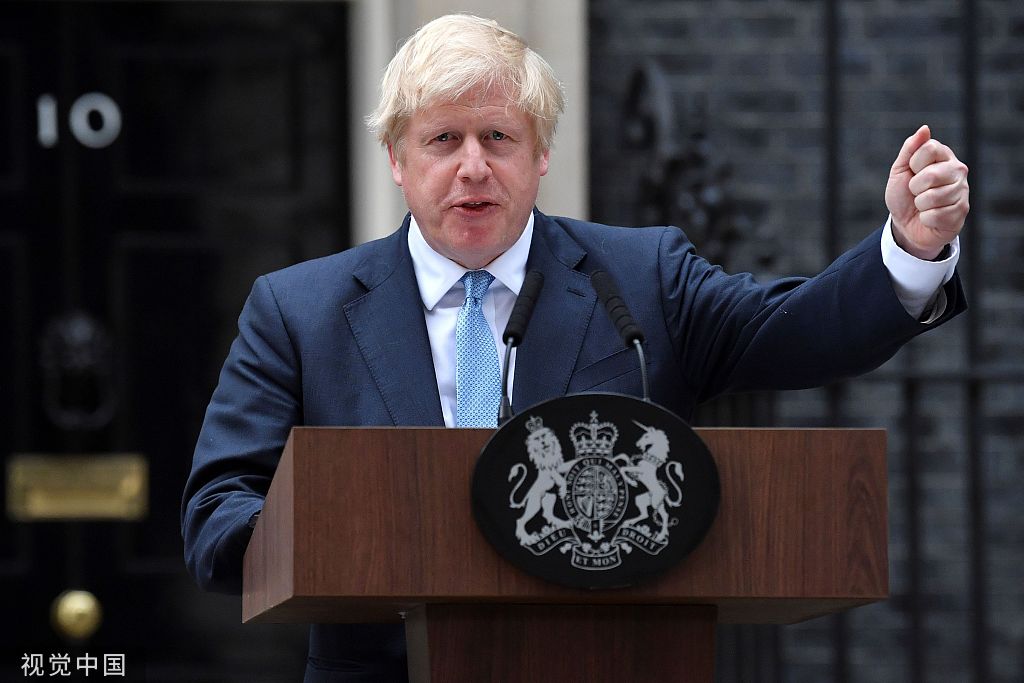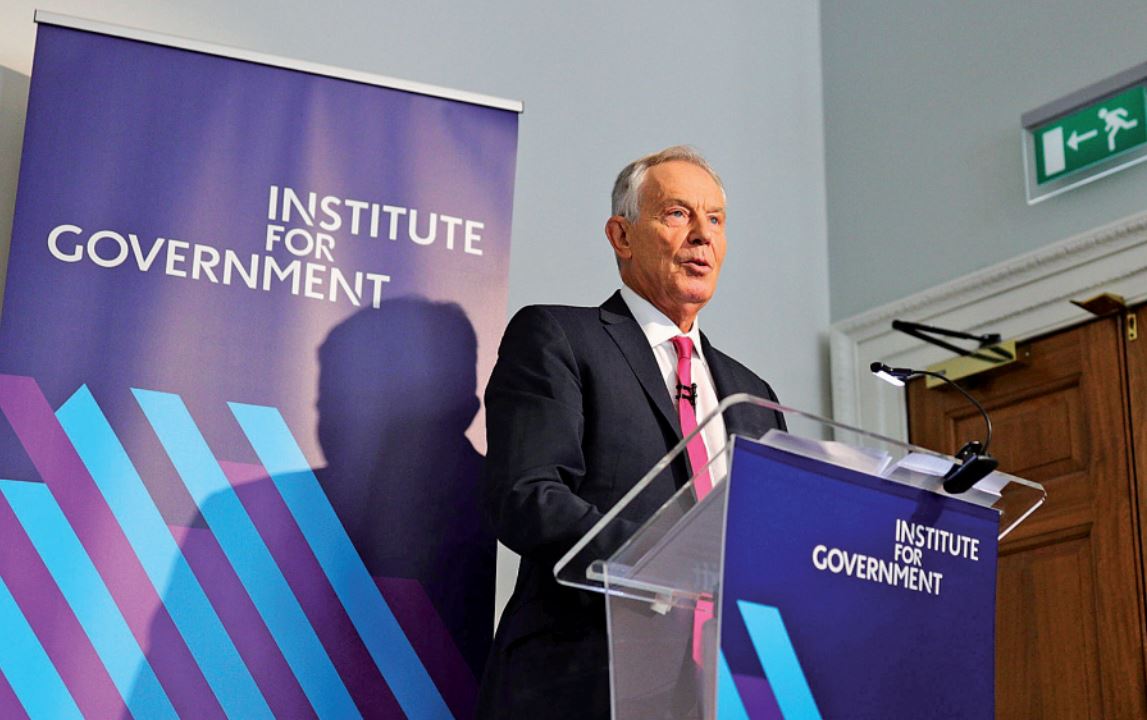UK govt considering snap election
By EARLE GALE in London | China Daily Global | Updated: 2019-09-03 09:20

Speculation mounts that PM Johnson to seek vote if Brexit delay bill is passed
United Kingdom Prime Minister Boris Johnson called an emergency Cabinet meeting on Monday afternoon, reportedly to talk over with his team the pros and cons of attempting to call a snap general election.
He is understood to be eager to fatten the slim majority of his ruling Conservative Party and take full control of the nation's pending departure from the European Union.
Under British parliamentary procedures, the prime minister cannot call an election unilaterally, such a move must be supported by two-thirds of the nation's 650 lawmakers, which means he would need the support of other parties should he make such a call.
The BBC said he was considering the move to counter anticipated efforts by members of Parliament to pass legislation this week that would block him from taking the UK out of the European Union without a divorce deal in a so-called no-deal Brexit.
The corporation's political editor, Laura Kuenssberg, said the prime minister could call for a snap general election as soon as Wednesday and, if Parliament supports the idea, the House of Commons could be closed on Friday and an election held as soon as Oct 11.
She said the most likely date for nationwide polling is Oct 17.
Labour leader Jeremy Corbyn has repeatedly said he favors an early general election because it "would give the people a choice between two very different directions for the country".

But former Labour Party prime minister and pro-EU campaigner Tony Blair warned in an earlier speech at the Institute for Government that Johnson appeared to be maneuvering toward making such a call, and that it was an "elephant trap" that might catch out the less prepared Labour Party.
"We're numb to the state of our politics," he lamented. "What is happening is shocking, irresponsible and dangerous."
Parliament reconvened on Tuesday after having been closed for several weeks for summer recess.
With the clock ticking down to the Oct 31 date by which the UK is scheduled to leave the EU and with a divorce deal guaranteeing tariff-free trading apparently out of reach, returning lawmakers opposed to a no-deal Brexit had been expected to try to rush through legislation blocking such a scenario.
Now, with a general election on the short-term horizon, the maneuvering has become moot and all of the major parties will likely be thinking about how they might win enough support for their vision of the future to prevail.
If there is an election, parties are likely to campaign from markedly different standpoints, with the Conservative Party championing an exit from the EU on Oct 31, with or without a deal, the Labour Party saying it will deliver a delay to the Brexit deadline and a second referendum, and the Liberal Democrats saying they will keep the UK in the EU.
The drama came on a busy day for Brexit watchers in the UK in which the government launched a public information campaign aimed at preparing citizens for life outside the European Union.
The 'Get Ready for Brexit' initiative started on Sunday with a new website featuring official information about Britain's exit from the bloc and ways in which the reinstatement of hard borders and trading tariffs might affect people.
Michael Gove, the minister in charge of the UK's preparations for a no-deal Brexit, said the campaign, which will also play out on billboards, online, and on television, will encourage people to share in the responsibility of being ready.
At the launch of the gov.uk/brexit website, he said being ready is "not only a matter of national importance, but a shared responsibility".
The campaign will also make use of leaflets, online seminars, and information stands and is targeted at British citizens intending to travel to Europe and businesspeople who export to the bloc.
Gove, meanwhile, was roundly criticized by the British Retail Consortium after he claimed there will not be shortages of fresh food in the event of a no-deal Brexit.
And Jane Golding, a Berlin-based lawyer who co-chairs the British in Europe organization, said on Radio 4's Today program that a no-deal Brexit would mean "27 separate contingency plans" in each of the remaining EU member states and that there would inevitably be a raft of problems affecting not only the availability of fresh food in the UK but the rights of expat British people living in mainland Europe.
She said many are worried about a lack of coordination on healthcare, social security, and even whether they will be allowed to stay in their homes.
























